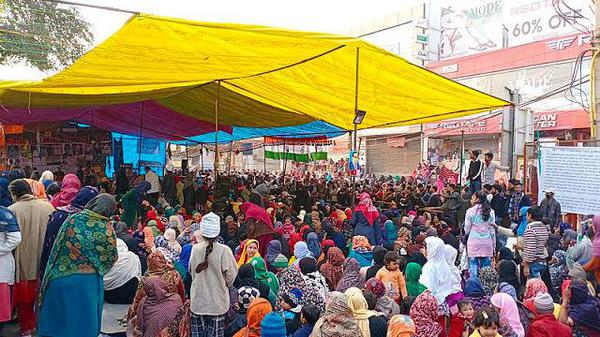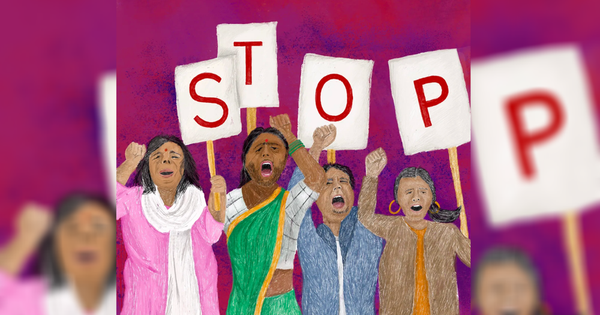
The Women of Shaheen Bagh: A Revolution to Change Everything
Rohitha Naraharisetty writes about the women of Shaheen Bagh – who have become what governments have almost never had to contend with: a community forged by shared lived experiences standing before the might of the state without a leader to speak for them.
‘The women of Shaheen Bagh’ is a refrain that has, for many, become representative of the shining beacon of resistance against all odds in what is arguably India’s most existentially terrifying moment. In the leaderless protests that have was







